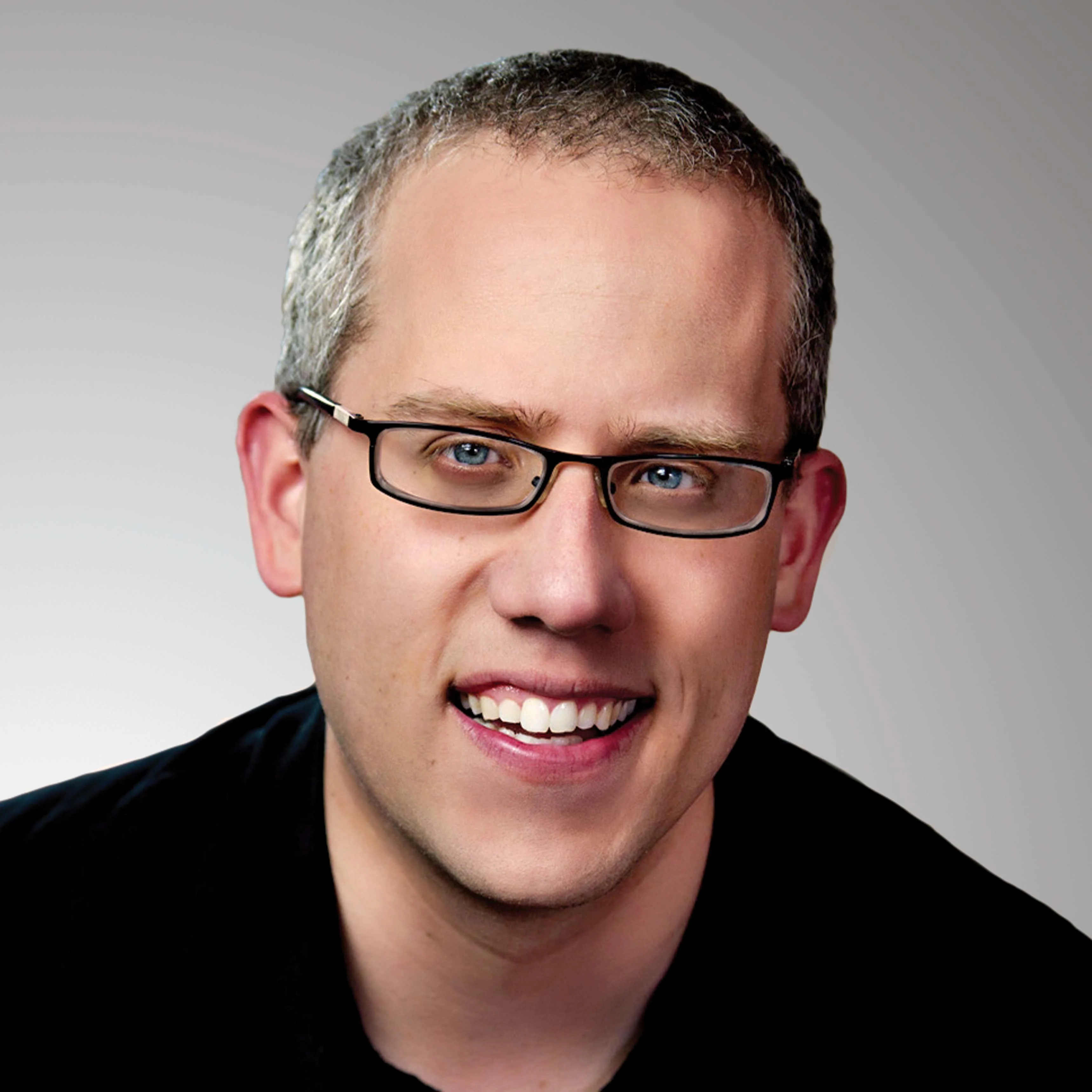Desert Island Top Five: Kevin DeYoung

On this episode of 5 Minutes in Church History recorded live at Ligonier’s 2018 National Conference, Dr. Stephen Nichols asks Dr. Kevin DeYoung to share what five books he would want on a deserted island.
Stephen Nichols: Today, I have a very special guest: Pastor Kevin DeYoung. We are going to give you your dream, Kevin. We are going to send you to a deserted island and let you just read books. So, you can take five books with you to this deserted island. What are you going to take?
Kevin DeYoung: Boy, I don’t know. This is a lot of pressure. For sure, Francis Turretin.
SN: Excellent.
KD: I’m going to take Turretin. I’m going to take his three-volume systematic theology.
SN: Can I tell you something very quickly? I was just reading in one of Dr. Sproul’s books—a contemporary book on the doctrine of God—in the back flyleaf he wrote, “Every Reformed student should study Turretin.” So, he would have been happy with your first choice.
KD: Oh, good. I know. I could tell all these years.
SN: Turretin is there. It’s in the background.
KD: So, Turretin is there. I’m also going to take a hymnal so that I can sing and so that I can study. I guess I’ll take the Trinity Hymnal. Now, this one is short, so I don’t know if I want to use up one of my books, but again, with my background and my heritage—OK, here’s what I’ll do: I’ll take Ursinus’ Commentary on the Heidelberg Catechism.
SN: Ah, so you get the catechism and the commentary?
KD: I get the catechism, and I get the commentary.
SN: And this is Zacharias Ursinus who was one of the writers of the Heidelberg Catechism.
KD: That’s right. He was the principal author of the Heidelberg Catechism. So, I’m going to take that. You know, if I haven’t finished my dissertation yet when I get to the island, I’m going to take the works of John Witherspoon. If I have, I’ll probably want to not see those for a while. So, maybe I’ll do that. I don’t know how many books I’m up to.
SN: The one book I remember reading of Witherspoon’s was his Lectures on Moral Philosophy.
KD: That could be a longer conversation because he’s known chiefly through that book, which was published posthumously. It’s given a little bit of a skewed version of who Witherspoon was. He has some wonderful doctrinal, pastoral works that are well worth reading.
SN: So, we’ve got Turretin. We’ve got a hymnal, and we will let you append a Psalter to that hymnal.
KD: A Psalter—thank you.
SN: We have Ursinus’ Commentary on the Heidelberg Catechism, and we’ve got the works of Witherspoon.
KD: That’s right.
SN: One last choice here.
KD: One last? I want something really long.
SN: You can choose a novel too. Dr. Godfrey took War and Peace with him.
KD: OK, I don’t want to do that, though. I don’t want War and Peace. I mean, I’m tempted to say the complete works of Shakespeare. That would seem to be a noble thing, but how about instead—there’s got to be a complete volume of P.G. Wodehouse.
SN: There you go. We will let that go with you on your island. So, let’s go back and pick up just very briefly what attracted you to Witherspoon.
KD: I was thinking about doing a doctrinal program and decided to do church history for a number of reasons. At that time, I was reading on religious liberty. That’s been a big topic in our country, and I was looking at our founders in American history and the framers of the Constitution, and I came upon Witherspoon. I started reading who he was, and I thought, “He is kind of a fun, irascible sort of fellow.” I didn’t know all this about him, and I didn’t know he was the only clergyman to sign the Declaration of Independence.
SN: A forgotten founder, really.
KD: A forgotten founder. And then when I encountered his satirical works written when he was a minister in Scotland lampooning the Moderate party there, I thought, “I really like this guy.” There wasn’t a whole lot written on him, so I thought: “I would like to study him. I can learn about him.” It’s been fascinating. It’s helped me learn more about the Scottish Enlightenment, the Great Awakening, late Reformed orthodoxy, and early Princeton.
SN: Well, that’s great. We look forward to that. One thing you can do is leave behind one of the books you have written for future inhabitants. What book of yours would you leave?
KD: OK. I’m not going to leave Crazy Busy because they’d be on an island. They’d have nothing to do.
SN: You finally have free time.
KD: I’m not going to leave Just Do Something because you can’t do anything. So, you’re taking out all my best sellers. Now, these people are going to return to civilization eventually?
SN: Probably. Eventually. Like you, also, they’ll be able to come back.
KD: They’re going to return. Then I think I would leave The Hole in our Holiness.
SN: I was hoping you would say The Hole in our Holiness. Thank you for that book, by the way, and thank you for being with us.
KD: Great questions. Honored to be with you.
Recent Episodes
Noah Webster: More Words
February 18, 2026|The Nineteenth Century
401 Again
February 11, 2026|The Ancient Church
401
February 4, 2026|General Church History
Noah Webster’s Dictionary
January 28, 2026|Biography
Early Methodism: Circuit Riders and Camp Meetings
January 21, 2026|American Church History
Early Methodism: Beginnings and Revival
January 14, 2026|The Eighteenth Century

